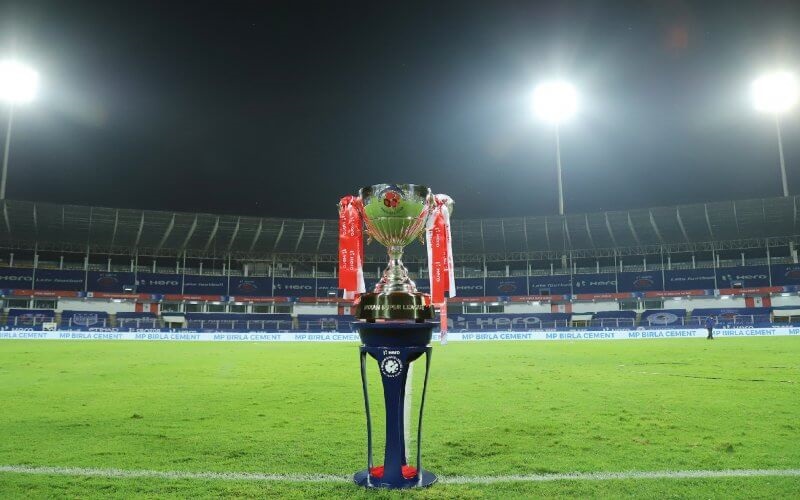This shift follows updates in the Asian Football Confederation (AFC) club competition guidelines, which now allow teams to register an unlimited number of foreign players without an Asian quota for the Champions League

PANAJI
Indian Super League (ISL) clubs have been informed about potential changes to the coach and player selection guidelines, including the removal of the mandatory Asian player signing requirement.
This shift follows updates in the Asian Football Confederation (AFC) club competition guidelines, which now allow teams to register an unlimited number of foreign players without an Asian quota for the Champions League.
Currently, both ISL and I-League clubs are permitted to sign five international players, with one required to be from an AFC member association, such as Australia. On the field, a maximum of four foreign players can play at any given time. However, from the next season, the ISL plans to eliminate the 'Asian quota,' aligning with the recent changes in AFC guidelines.
According to sources, ISL organizers have informally notified clubs about these possible changes. While there has been no official communication yet, the clubs have been made aware of the "tentative possible changes" for the 2024-25 season.
A senior club official remarked, "The Asian player change is fantastic and will make a lot of difference. Asian players cost a lot and, for the quality they provide on the field, most do not offer good value for money. It's better to make foreign signings when you are not restricted geographically."
This adjustment is expected to be welcomed by Indian clubs, which have often found the Asian player requirement to be financially burdensome. With the change, clubs can focus on signing high-quality international players without geographical constraints, potentially enhancing the overall competitiveness and quality of the league.
Among the ISL clubs, champions Mohun Bagan Super Giant, Mumbai City, East Bengal, FC Goa, Kerala Blasters, and Bengaluru FC have Asian players contracted for the upcoming season. The removal of the Asian quota will allow these clubs to re-evaluate their rosters and make more strategic signings.
In addition to the changes in the player selection guidelines, the ISL is also considering an increase in the salary cap from Rs 16.5 crore to Rs 18 crore. This new cap will include provisions for two players -- either domestic or international -- from each club to be exempt from the salary cap. Previously, only the marquee player's salary was outside the cap. This change will enable clubs to spend more freely on international talent without financial restrictions.
These proposed changes aim to boost the league's competitiveness and attract higher-quality players, ultimately enhancing the viewing experience for fans and the performance of Indian clubs in international competitions. As the ISL continues to evolve, these adjustments reflect its commitment to growing Indian football and ensuring its clubs remain competitive on the global stage.